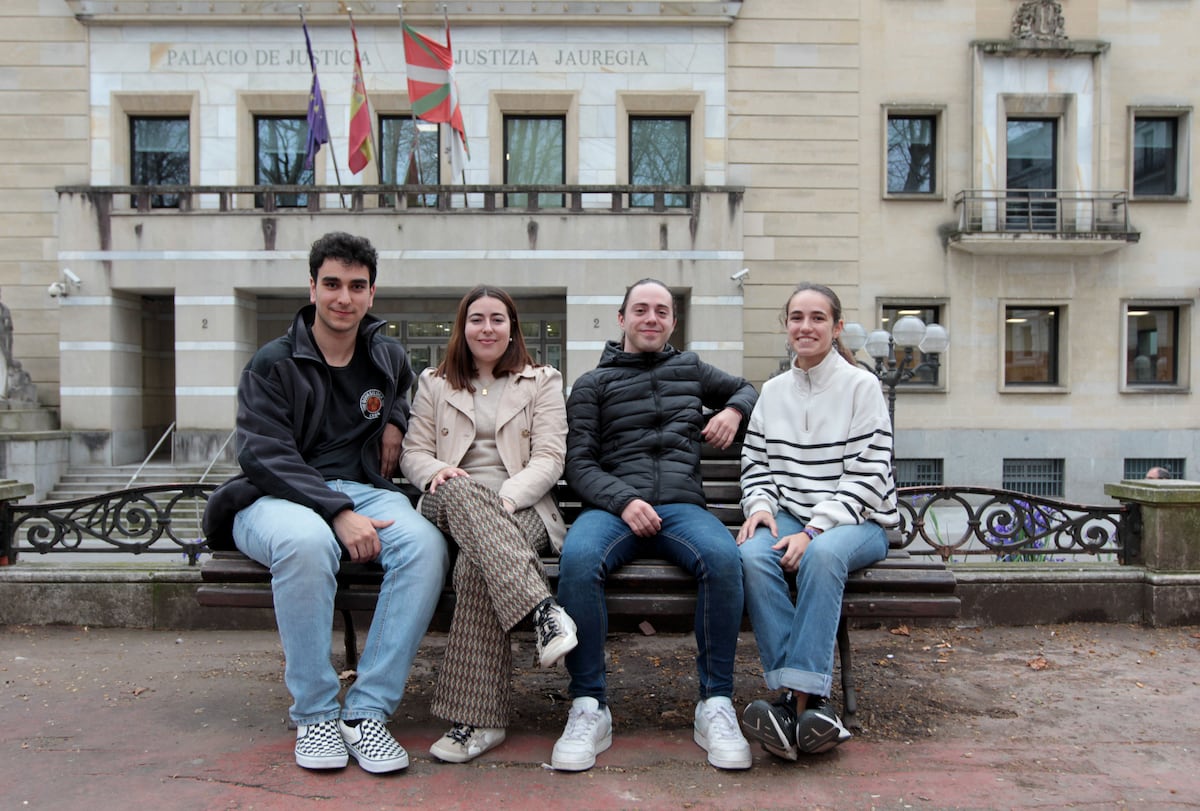Alberto Núñez Feijóo's PP continues to shorten distances with Pedro Sánchez's PSOE, exactly one month before the elections in Andalusia.
The May barometer of the Center for Sociological Research (CIS) reflects a rise in the intention to vote for the popular vote and for Vox, while support for the leftist bloc stagnates.
The PSOE would win the elections today with 30.3% of the vote, the same percentage as a month ago, but the PP is only 1.6 points behind the Socialists, with an intention of 28.7%.
Vox also grows, jumping to 16.6%, the highest voting intention in the CIS since at least November 2019. On the other hand, the collapse of support for United We Can continues (the minimum since the last general elections) and continues the downward trend of Ciudadanos.
The barometer was carried out through 3,865 interviews between May 3 and 12, in the midst of the scandal of the Pegasus espionage case, which led to the removal of Paz Esteban from the head of the CNI, and with the Andalusian elections already called but awaiting an agreement between the bloc of numerous parties to the left of the PSOE in the community.
The Socialists would win the elections, but it leads to the slipstream of the PP, whose voting intentions already skyrocketed in the previous CIS by reflecting the effect of the PP congress that confirmed the rise of Alberto Núñez Feijóo to the top of the party.
The PP achieves a voting intention of 28.7%, with which it rises another point and a half that adds to the 6.1 that it already added in the previous barometer.
This also shows that Vox recovers what it lost in the previous poll, a drop that was attributed to the Feijóo effect on the right-wing voter.
Thus, those of Santiago Abascal rise to 16.6%, their historical maximum since the general elections of 2019 (in March it reached 16.3%).
Consequence or not of the dissent among the left in Andalusia, United We Can prolong and sharpen its fall.
If Vox achieves its record, the formation of Ione Belarra is on the opposite side.
It falls again, now to 9.6% of voting intentions, that is, 1.1 points less than in April and the lowest support since the November 2019 elections, when it achieved 12.9% of the vote.
With this, the block of PP and Vox, the current partners of the Government in Castilla y León, adds 45.3% of the voting intention, compared to 39.9% accumulated by the Socialists and those of Podemos.
Meanwhile, the continuous decline of Ciudadanos continues, which falls to 1.8%.
The second vice president, Yolanda Díaz, is the only politician who approves, with a scratched 5.05, among the leaders who are asked about.
However, the approval that Feijóo achieved in the previous survey (the first of the CIS by which citizens were asked to rate him) has been short-lived.
He fails: he goes from 5.2 to 4.86, although he has better grades than Pedro Sánchez (4.28).
The CIS barometer for April already showed how the PP's voting intention had shot up to 27.2%, almost four points more than in March, while pointing to a rebalancing between the left and right blocs.
Last month's study collected the effect on the citizens of the PP congress that confirmed the rise of Alberto Núñez Feijóo to the top of the party, but does not reflect the impact of the investiture of Alfonso Fernández Mañueco as president of Castilla y León thanks to a Alliance with Vox.
That survey already pointed out that the sum of PP and Vox, the model tested in Castilla y León, would add 41.6 of the votes, while the PSOE and United We Can coalition, which governs in Spain, remains at 40%. of intention to vote (the poll does not offer a projection of seats in Congress).
The Socialists fell 1.2 points in April with respect to March, to place themselves with a 30.3% vote intention and as winners of eventual general elections.
United We Can fell, for its part, 1.1 points to stand at 10.7%, the worst data of the formation since July of last year.
Ciudadanos, for its part, had been falling in the CIS since February and last April only 2% support was attributed to it, even below the coalition of more Country-Equo and Compromís.
The field work of the May barometer, usually based on almost 4,000 telephone interviews, was carried out after learning of the call for autonomous elections in Andalusia and in the midst of a political storm due to the
Pegasus case
: first, due to the denunciation of an alleged mass espionage pro-independence politicians and later by the Government's announcement that the president had also been spied on in 2021. However, they do not include the impact of the audios of corruption in Spain, recorded by Commissioner Villarejo, and which EL PAÍS is disclosing .



/cloudfront-eu-central-1.images.arcpublishing.com/prisa/QN6ATYYNOFBQVD5UUS6DW347SM.jpg)



/cloudfront-eu-central-1.images.arcpublishing.com/prisa/5C635RG6YBGDPHDHXEOSQWFQ2Y.jpg)

